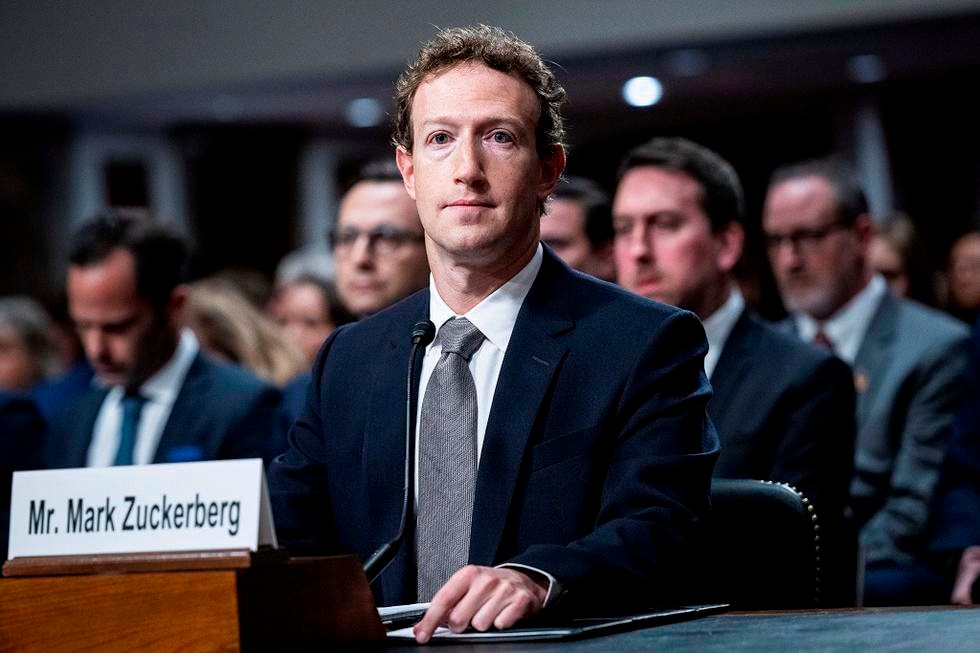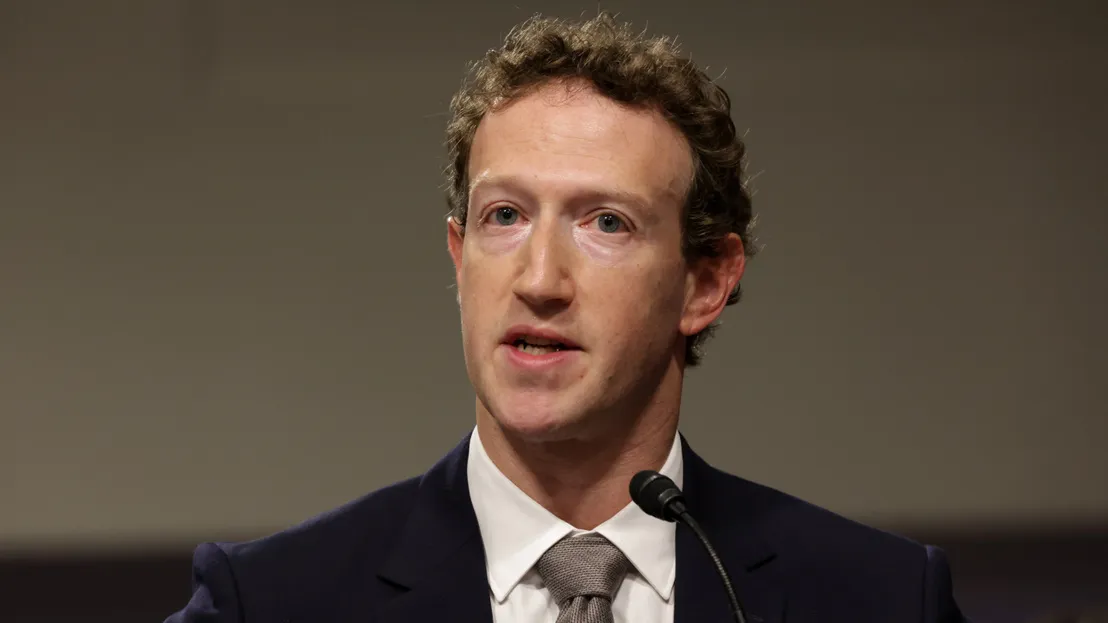

Elon Musk’s Mysterious Pursuit of Everlasting Life and Human Evolution
In an age where technology often blurs the lines between science fiction and reality, Elon Musk’s quest for immortality stands out as one of the most ambitious and controversial endeavors of our time. The billionaire entrepreneur, known for revolutionizing industries with companies like Tesla and SpaceX, is now turning his attention to the very essence of human existence: life itself. Through his various ventures, particularly Neuralink, Musk aims to explore the boundaries of human enhancement and longevity, raising profound questions about the future of humanity.
The Visionary Behind the Venture
Elon Musk is no stranger to pushing the limits of what is possible. His vision of a multi-planetary society, coupled with his work in artificial intelligence and electric vehicles, has already reshaped our understanding of innovation. However, the concept of immortality marks an entirely new frontier—one that challenges our deepest beliefs about life, death, and what it means to be human.
In recent years, Musk has openly discussed his fascination with the idea of extending human lifespan. He believes that advancements in technology could allow humans to overcome biological limitations, leading to a future where aging is no longer inevitable. This quest for immortality is not merely a personal ambition; it reflects a broader vision of enhancing human capabilities, potentially enabling us to transcend our current physical and mental limitations.

Neuralink: Bridging the Gap Between Humans and Machines
At the heart of Musk’s quest lies Neuralink, a neurotechnology company he co-founded in 2016. The goal of Neuralink is to develop brain-computer interfaces (BCIs) that can facilitate direct communication between the human brain and computers. By implanting tiny electrodes into the brain, Neuralink aims to enhance cognitive functions and, ultimately, address neurological disorders.
Musk envisions a future where BCIs could not only restore lost functions but also improve memory, learning speed, and even emotional well-being. This technological enhancement could be a stepping stone toward achieving a form of immortality, as it may allow individuals to upload their consciousness into a digital realm, effectively circumventing the limitations imposed by our biological bodies.

The Ethical Implications
While Elon Musk’s quest for immortality is undeniably groundbreaking, it raises significant ethical concerns. As humanity stands on the brink of potentially altering the fundamental nature of life, questions arise about the implications of such advancements. Who would have access to these technologies? Would they exacerbate existing inequalities, creating a society where only the wealthy can afford to enhance their lives?
Moreover, the concept of uploading consciousness poses philosophical dilemmas. If a person’s memories and experiences could be transferred to a digital format, would that truly constitute immortality? Would the digital copy retain the essence of the original individual, or would it merely be a simulation? These questions challenge our understanding of identity and existence, forcing society to grapple with the potential consequences of such profound technological advancements.
The Path to Longevity
In addition to Neuralink, Musk’s other ventures also contribute to his quest for immortality. Companies like Tesla are not just focused on sustainable energy; they also explore innovations in health and wellness. For instance, the development of advanced AI technologies could lead to breakthroughs in personalized medicine, potentially allowing for tailored treatments that extend lifespan and improve quality of life.
Furthermore, Musk has expressed interest in biotechnology and genetic engineering. Collaborations with cutting-edge researchers in these fields could pave the way for new therapies that combat aging at the cellular level. By leveraging advancements in genetics, Musk aims to unlock the secrets of longevity, pushing the boundaries of what is possible in human enhancement.

Public Perception and Skepticism
Despite his grand vision, public perception of Musk’s quest for immortality is mixed. While many admire his ambition and innovative spirit, others express skepticism about the feasibility and morality of his goals. Critics argue that humanity should focus on addressing pressing global issues—such as climate change, poverty, and inequality—before pursuing potentially dangerous technological enhancements.
Musk’s bold assertions about the future often invite scrutiny, leading some to label him as a visionary while others see him as a reckless dreamer. This dichotomy reflects a broader societal debate about the role of technology in our lives and the ethical responsibilities that come with it.
In conclusion, Elon Musk’s quest for immortality stands as a testament to humanity’s relentless pursuit of progress and understanding. Through Neuralink and other ventures, Musk is not just envisioning a future where humans can enhance their lives and potentially escape the clutches of mortality; he is challenging us to rethink what it means to be human.
As we stand on the precipice of a new era in human enhancement, the path forward will require careful consideration of the ethical, philosophical, and practical implications of these advancements. While Musk’s ambitions may seem fantastical, they reflect a fundamental truth: the desire for longevity and improvement is deeply rooted in the human experience. Whether we achieve immortality remains to be seen, but the journey to explore these possibilities is already reshaping the future of humanity.


















